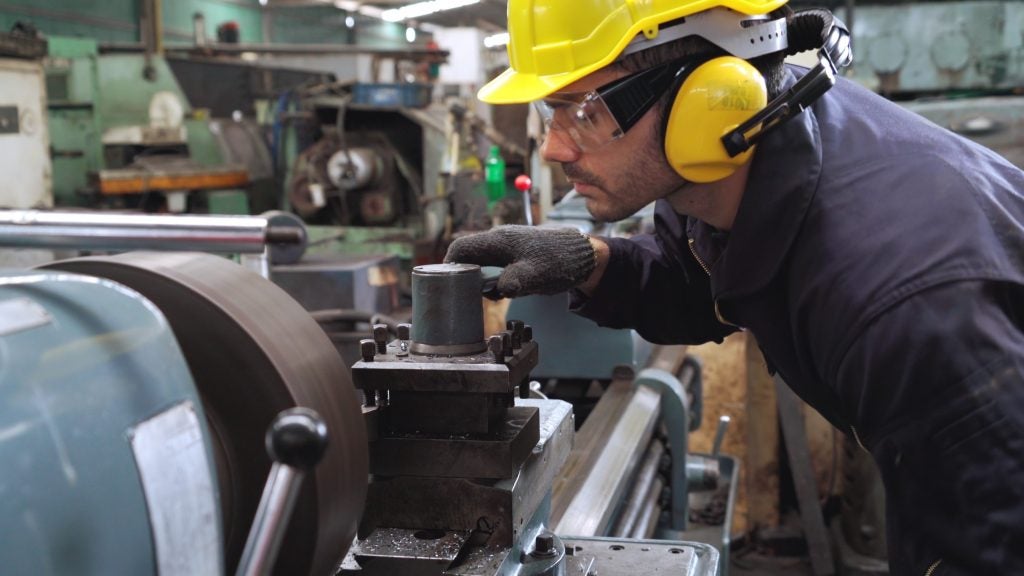 By Toby Short, Associate Vice President, Federal Affairs
By Toby Short, Associate Vice President, Federal Affairs
My father and grandparents worked in the textile mills in North Carolina. When those mills closed, the once vibrant towns that housed the mills began to shut down as well. My father, being young at the time, ended up moving to find work. But my grandparents stayed because that was the life and the community they knew. And we’ve seen this same story all across America.
A bipartisan group of senators – including Joe Manchin, Debbie Stabenow and Steve Daines – is trying to reverse that trend.
America’s domestic manufacturing once formed the backbone of our country and was the envy of the world. Towns and cities flourished as manufacturing increased, not only lifting up the people that worked in these factories, but the local economies as well.
We saw the benefits all across America as workers stopped at the locally owned convenience store to buy a doughnut and cup of coffee on the way to work and a hotdog and drink on the way back home. But something happened. America started losing its manufacturing base as companies automated or decided it was cheaper to move operations overseas. With the loss of jobs came the loss of economic development and loss of community. The tax base shriveled and with it, our industrial heartland saw the hope of a better tomorrow fading away.
But America’s resolve is back as we move toward building a better, cleaner future.
States and their workers are hungry for America to take a leadership role in developing and manufacturing clean energy solutions as we transition from the fuels of yesterday to the power of tomorrow. We cannot let this opportunity pass us by.
Senators Manchin, Stabenow and Daines recognize this and have put out a plan to attract investment in communities that have been economically impacted by the loss of manufacturing jobs and plant closures.
Investments in clean energy manufacturing will provide the boost that communities and workers need to develop solutions and technologies needed to put more electric vehicles on the road, decarbonize our power sector and address the climate crisis.
When first implemented, requests for the 48C Advanced Manufacturing Tax Credit were over three time higher than what was available That shows how excited companies were to take advantage of the program. The program quickly ran out of money due to this high demand, and not everyone was able to participate.
The reinstatement of this successful program will allow new domestic manufacturing plants to flourish and with it, the towns, communities and workers where they are located.
Is this a silver bullet? No. But, it’s a critical piece of a larger puzzle that ensures our country is reinvesting in communities and workers and that everyone has an opportunity to be part of rebuilding our domestic manufacturing base – from the worker in Wheeling, WV to the fabricator in Detroit, MI to the engineer in Butte, MT and everywhere in between
Workers want to work and provide for their families. They just want the opportunity to turn out the best products America has to offer. We cannot abandon these communities or these workers by saying it’s not the government’s role. Providing a hand-up, as opposed to a hand-out, is exactly government’s role. Workers in rural America built this great nation before and with the right tools they will build it again.
Reinstating the 48C Advanced Manufacturing tax credit at a higher rate will help us build back our nation’s manufacturing backbone. In turn, this will allow us to stand a little taller, push a little harder and expand a little further.









